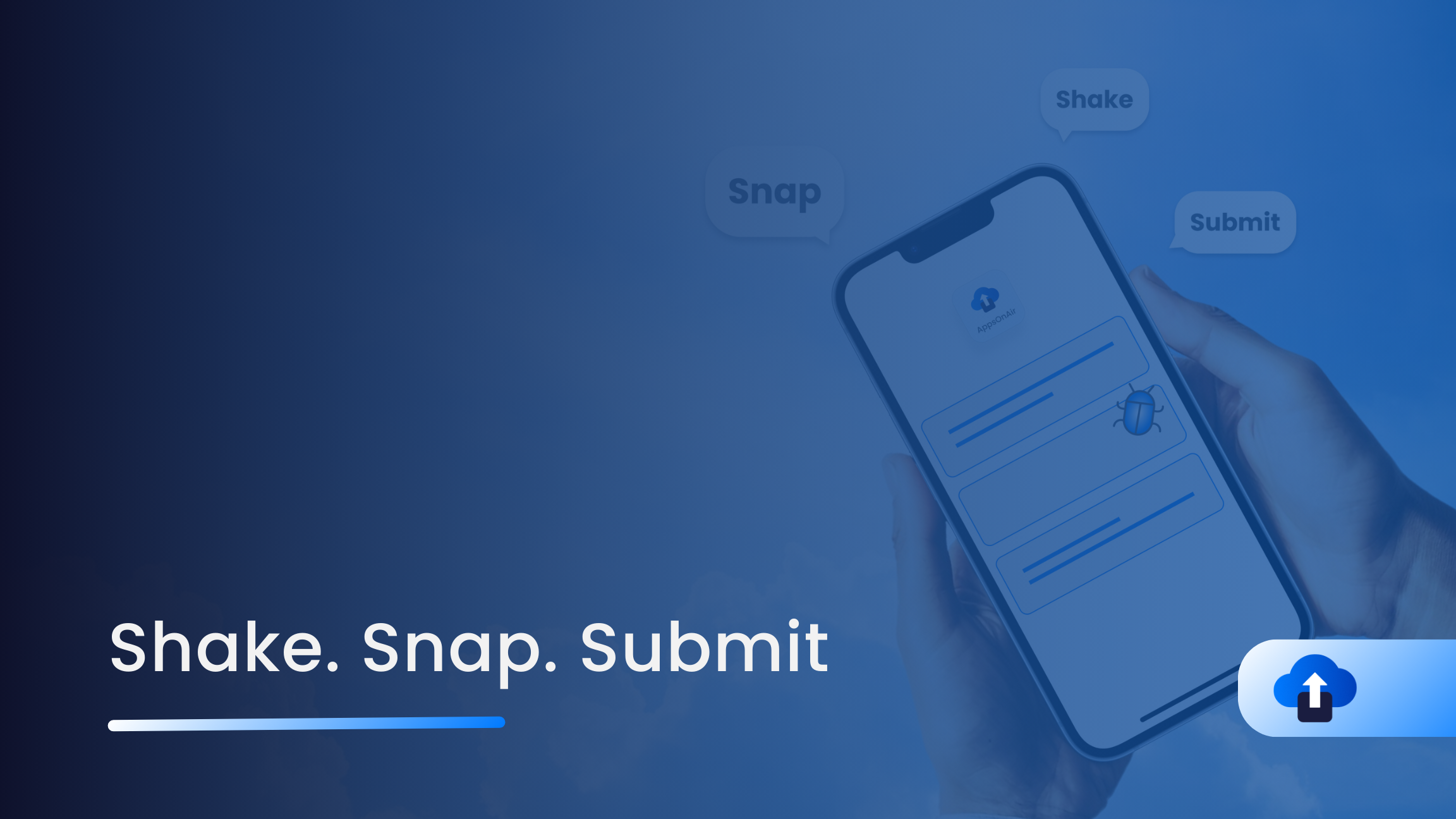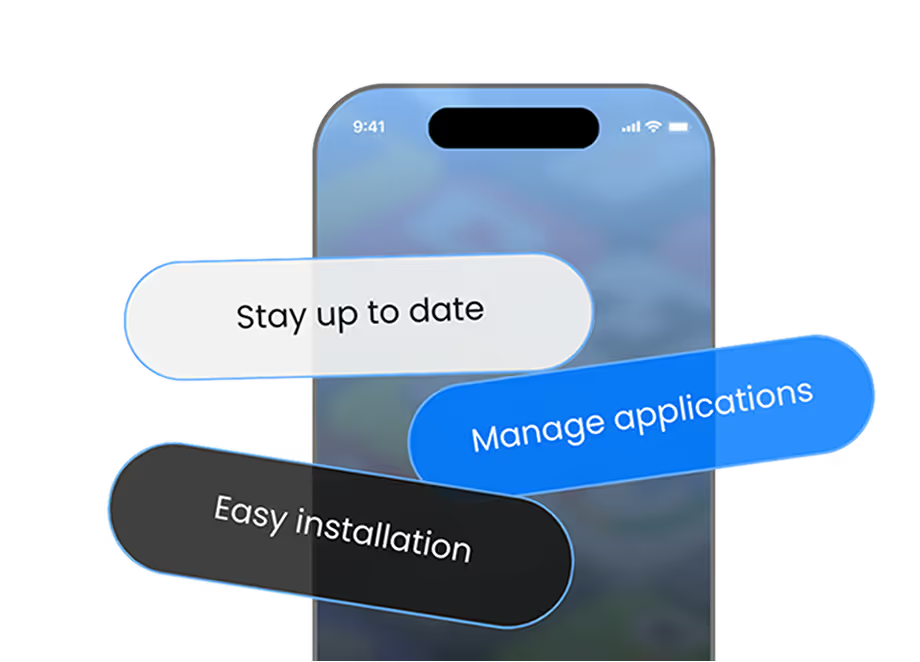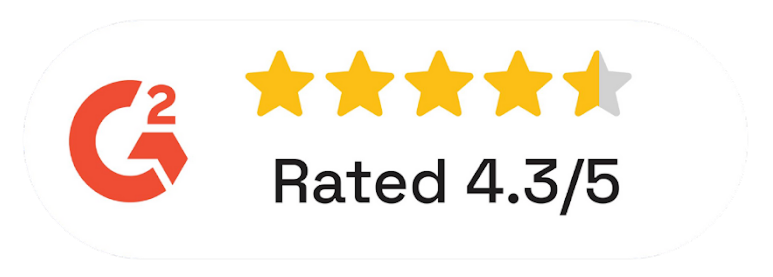
We live in a world where attention spans are short, expectations are sky-high, and patience for bad digital experiences is almost nonexistent. For mobile apps, this means that every bug, glitch, or confusing flow directly affects retention and user trust.
But here’s the catch: most users don’t take the time to write long emails or submit tickets when they encounter issues. Instead, they silently churn.
That’s why instant in-app feedback mechanisms, like “shake to report” or one-tap screenshot submissions, are so powerful. They meet users where they are, in the moment, and make giving feedback as easy as a reflex.
The Psychology of Instant Feedback
Why does a simple gesture like shaking your phone make such a difference?
- Low Friction = Higher Participation
People avoid tasks that feel like “work.” Writing a detailed bug report or explaining steps to reproduce takes effort. But shaking a phone, snapping a screenshot, and submitting? That feels almost effortless. - Capture While Emotions Are Fresh
Feedback given “in the moment” is more accurate and emotionally charged. Instead of vague afterthoughts, you get raw, contextual input about exactly what went wrong. - Empowerment Over Frustration
When users hit a bug, they either leave or look for an outlet. Providing an easy way to report issues converts frustration into contribution, letting users feel like they’re helping improve the product. - The Dopamine Factor
Submitting feedback creates a small sense of satisfaction, and users feel heard, evenbefore the issue is fixed. When acknowledged, this loop builds long-term engagementand loyalty.
Why Visual Context Matters
One of the biggest gaps in traditional feedback is context. Developers often get vague reports like:
| “The app isn’t working.”
That’s useless.
With visual bug reporting, users can:
- Snap a screenshot.
- Annotate the confusing area.
- Automatically include device info, logs, and steps.
Now the dev team has actionable data instead of guesswork. It reduces back-and-forth and accelerates fixes.
The Business Impact of Instant Feedback
For product managers and marketers, in-app feedback is more than just bug reporting — it’s a competitive advantage.
- Faster fixes = Happier users
By cutting down bug reproduction time, teams respond quickly. - Higher retention
Instead of silently losing frustrated users, you capture their concerns and show responsiveness. - Data-driven roadmaps
Patterns in feedback highlight feature gaps, usability challenges, and UX improvements that should guide product priorities.
In short, the easier it is for users to talk to you, the harder it is for them to leave you.
How AppsOnAir’s AppRemark Simplifies This
This is exactly the principle behind AppRemark by AppsOnAir. With “Shake. Snap. Submit”, users can:
- Trigger feedback with a simple shake gesture.
- Annotate screenshots directly inside the app.
- Submit reports enriched with technical logs and context.
- Send everything to your team in real time, neatly organized for action.
Instead of relying on users to craft detailed bug reports, AppRemark captures rich, contextual feedback that teams can act on instantly.
Conclusion
In today’s competitive app landscape, feedback isn’t optional; it’s survival. But the real challenge is making it so easy that users actually give it.
By combining psychology (reduce friction, capture emotion, empower users) with technology (visual feedback, automated logs, instant submission), tools like AppRemark turn every user into a tester, every bug into an opportunity, and every frustration into loyalty.
So the next time a user hits a snag, don’t let them walk away silently. Let them shake, snap, and submit.



.svg)












